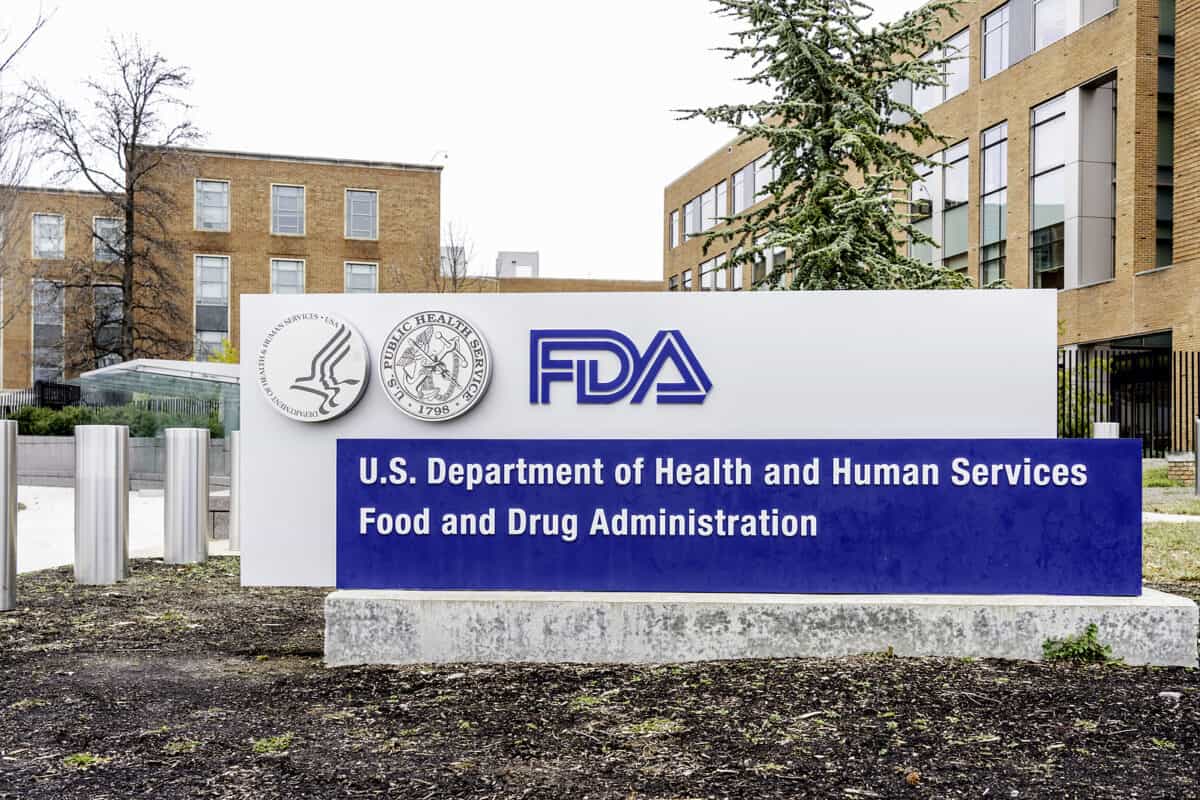
On June 2, 2023, the Healthcare Distribution Alliance (HDA) submitted to the Federal Drug Administration (FDA) a letter outlining challenges for implementing the last mile of DSCSA compliance. Chief among these is manufacturers’ inability to send complete and accurate unit level data downstream to their customers. The HDA posits that industry-wide coordination to achieve the FDA’s originally intended “Big Bang” implementation approach is not in place today; the industry is poised for failure, with potentially wide-reaching impacts to patient care resulting from dispensers’ inability to purchase product from non-compliant suppliers. To address this, the HDA requested that the FDA consider a phased implementation of DSCSA requirements, representing a two-year delay in enforcement.
The FDA did not directly respond to this or the multitude of requests from similarly minded organizations. However, on August 25, 2023, as we’ve seen in the past (2017, 2019, and again in 2020) the FDA published a new “Final” Guidance for the industry. It is still requiring compliance with DSCSA law by November 2023, but provides a period of delayed enforcement until November 2024 – effectively a 12-month extension to the deadline.
What the HDA Got Right & What They Aren’t Saying
The HDA letter to the FDA rightfully brings attention to the risk of manufacturers being unprepared to send data to their downstream trading partners. There are many reasons that could account for this situation, including data quality issues, data exchange configuration issues, and simply not prioritizing the effort. And while all the big names in the SaaS business – rfxcel, TraceLink, SAP, LSPedia – are technically capable of sending data downstream, there is no standard for sharing master data and technical integration specifications among trading partners. Furthermore, SaaS providers are not always staffed with project management resources to support their clients’ efforts.
Recommendations based on Converge Expertise
The industry hoped for a two-year extension; the FDA gave us 12 months of delayed enforcement. We need to make it count rather than point a finger at manufacturers and hope for the best. I recommend two important steps:
Acknowledge the effort, roles, and responsibilities involved in establishing partner connections and enabling interoperable data exchanges to send compliant data downstream.
Email and spreadsheets still rule the world of partner connections. In January 2023, a SaaS provider who supports 150 clients recognized that more than 2000 partner connections would need to complete by November 27, 2023. That’s the equivalent of 8-9 connections per business day. SaaS providers offer significant expertise in serialization and compliance while building and maintaining thousands of partner connections for many clients. However, their technical implementation teams are not well-suited for managing communications with unbeholden trading partners. In my experience, it is better for clients to handle project management. If manufacturers, wholesale distributors, and dispensers intend to use the time they have left wisely, they must staff project coordination and own this business process.
SaaS providers need to come to the table and align on a standardized approach for sharing technical integration specifications, including master data elements and configurable business requirements.
There was a time when the industry was considering a globally accepted onboarding guide document and a centralized database of product master data. These efforts were stymied by questions of data ownership and the cost to implement the tools. Today, implementation teams are left wondering who is responsible for master data integrity and technical integration documents. Even if the FDA had granted a 2-year extension, we can no longer afford the time to populate dozens of different templates with the same data over and over. We can no longer afford the time to transform those templates to specific system needs. To support their clients, SaaS providers need to commit to a true one-size-fits-most solution.
Key Takeaways
- The HDA asked the FDA to consider a 2-year period to phase in enforcement of DSCSA requirements, to account for the broader industry’s inability to meet the current requirements.
- The FDA did not accept the HDA’s proposal, delaying enforcement to November 2024 instead.
- If nothing changes, this 12-month timeline extension will not make a difference at the rate the industry is establishing partner connections.
- Therefore, SaaS providers, manufacturers, wholesale distributors, dispensers, and third-party service providers must scale their serialization implementation and operational support organizations to meet the high demand of partner connections.
- Additionally, to maximize the remaining time, SaaS providers have a responsibility to align on a global set of standards for partner connection setup, configuration, and testing.
About the Author

Matt Campasano is a senior consultant at Converge Consulting who specializes in Drug Supply Chain Security Act requirements, serialization, and traceability. He has worked with a variety of life sciences companies in packaging, manufacturing, wholesale distribution, pharmacy and hospital groups.